Tesla says autopilot involved in second car crash
- Published
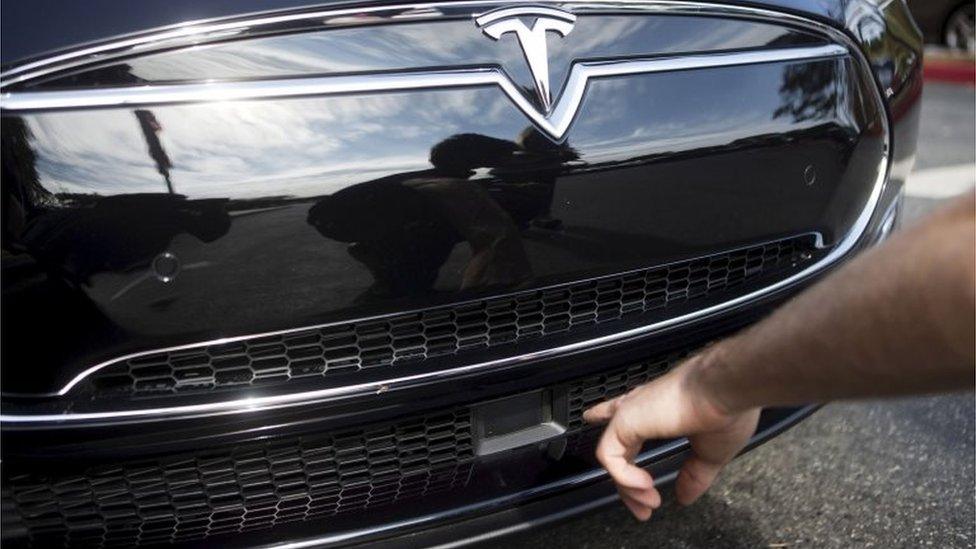
Tesla cars use radar and other sensors to detect other vehicles and road markings
Tesla has admitted that its autopilot feature was activated when one of its cars crashed on Sunday.
However, the electric carmaker has suggested that the function was not being used correctly at the time.
The motorist survived the accident, but another Tesla owner died in an earlier crash that occurred when the driver-assist function failed to detect another vehicle in its path.
Chief executive Elon Musk said Tesla had no plans to disable autopilot.
However, he told the Wall Street Journal, external that his company would publish a blog highlighting how drivers should make use of the technology.
He also tweeted that it was right that Tesla should be, external "taking the heat for customer safety".
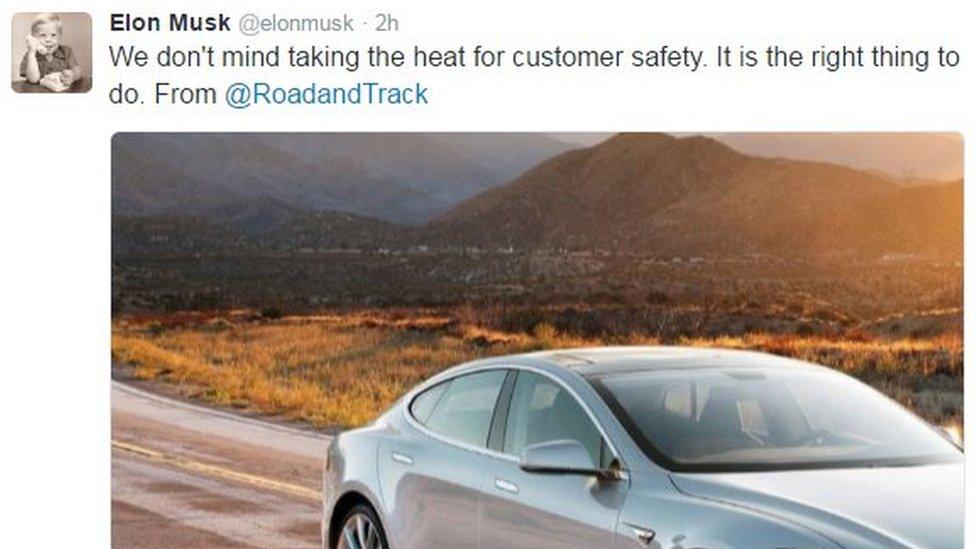
The California-based carmaker has previously blogged that, external "customers using autopilot are statistically safer than those not using it at all".
Tesla's deployment of the technology is being investigated by the US road safety watchdog.
'Ignored alerts'
The latest crash, near Cardwell, Montana, saw a Model X car swerve to hit wooden rails next to a two-lane road.
"This vehicle was being driven along an undivided mountain road shortly after midnight with autosteer enabled," a spokeswoman told the BBC, referring to autopilot's steering function.
"The data suggests that the driver's hands were not on the steering wheel, as no force was detected on the steering wheel for over two minutes after autosteer was engaged - even a very small amount of force, such as one hand resting on the wheel, will be detected.
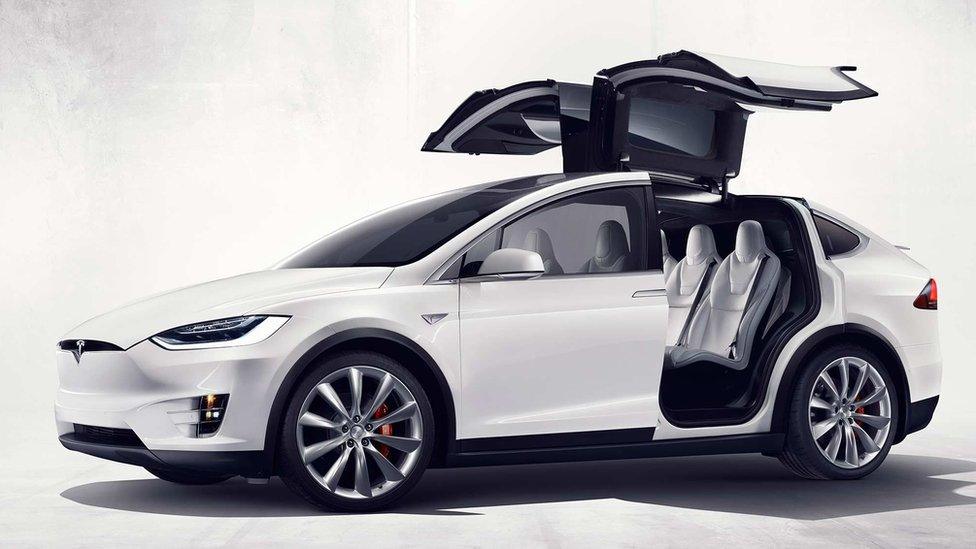
The crash in Montana involved a Model X car
"This is contrary to the terms of use that are agreed to when enabling the feature and the notification presented in the instrument cluster each time it is activated.
"As road conditions became increasingly uncertain, the vehicle again alerted the driver to put his hands on the wheel.
"He did not do so, and shortly thereafter the vehicle collided with a post on the edge of the roadway.
"Autosteer... is best suited for highways with a centre divider.
"We specifically advise against its use at high speeds on undivided roads."
CNN reported that the car had lost one of its wheels in the crash, but neither the driver nor his passenger had been injured, external.
It said the man - who had identified himself only as Pang - had told a police officer the alerts given by the car had been in English but he spoke Mandarin.
Multiple probes
Tesla released details of the incident more quickly than it had done for the earlier crash in Florida.
The US Securities and Exchange Commission said on Monday that it was investigating why the company took until 30 June to publicly disclose the fatality - 54 days after it happened and nine days after it first informed the National Highway Traffic Safety Administration.
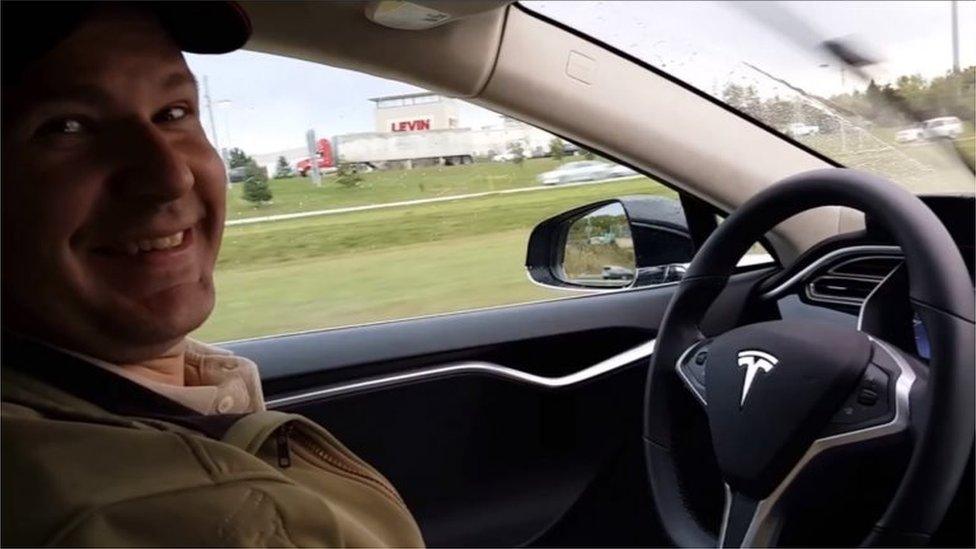
Joshua Brown died after his Tesla S crashed while using autopilot
Tesla had raised funds from investors in the interim.
"I didn't know there had been an autopilot incident at the time of the fundraising," Mr Musk has said, external. "What we told NHTSA was just that somebody died - it wasn't that there was an autopilot incident."
On Tuesday, the traffic safety body released a letter it had sent to Tesla, external detailing its own investigation into the accident.
It has asked for details about all updates made to autopilot since it was enabled last year, as well as information about forthcoming changes.
The watchdog is also considering whether autopilot was in use during a third collision involving a Tesla car that occurred on 1 July.
ProPilot unveiled
Although Tesla says motorists should remain, external "engaged and aware" while using autopilot, critics have suggested that it was "inevitable" that users would become distracted, external.
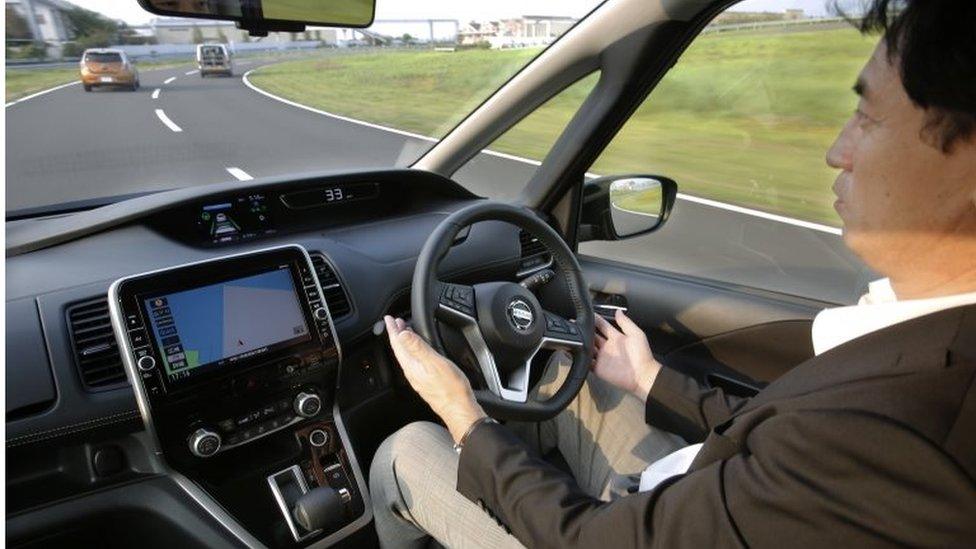
Nissan is introducing a self-steering facility in minivans that go on sale in July
Nevertheless, other car makers are pursuing a similar strategy.
Nissan has unveiled ProPilot - lane-detecting technology that allows a car to follow the vehicle ahead, braking and accelerating as necessary without human direction.
Japan will be the first market to get the innovation when it is included in a minivan released next month and Nissan planned to offer ProPilot in European models, external next year.
As a safety measure, the company has designed the facility to turn itself off if the driver removed his or her hands from the wheel for more than a brief period.
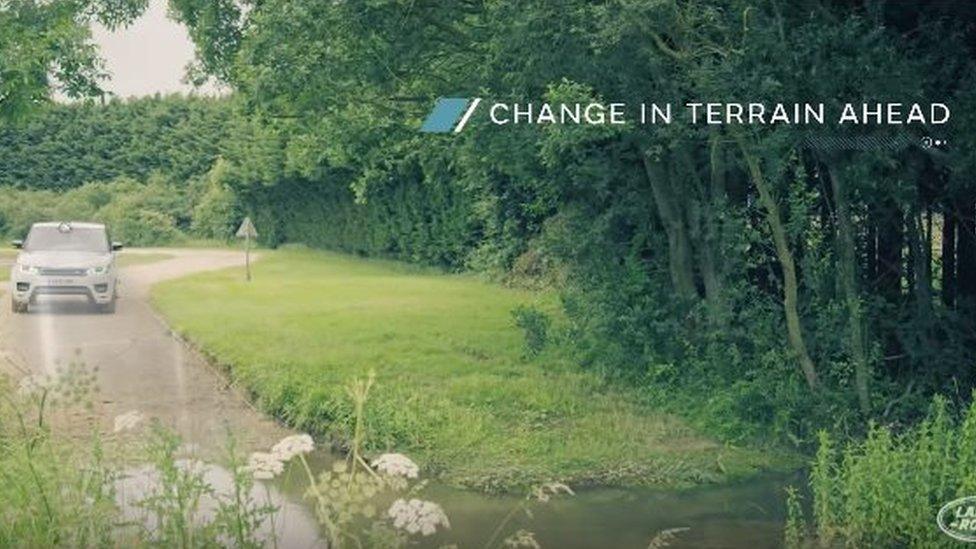
Land Rover is testing a technology that can detect different off-road driving conditions
In another related development, Jaguar Land Rover has announced plans to test more than 100 self-driving research vehicles, external on roads near Coventry, England before the end of 2020.
- Published11 July 2016
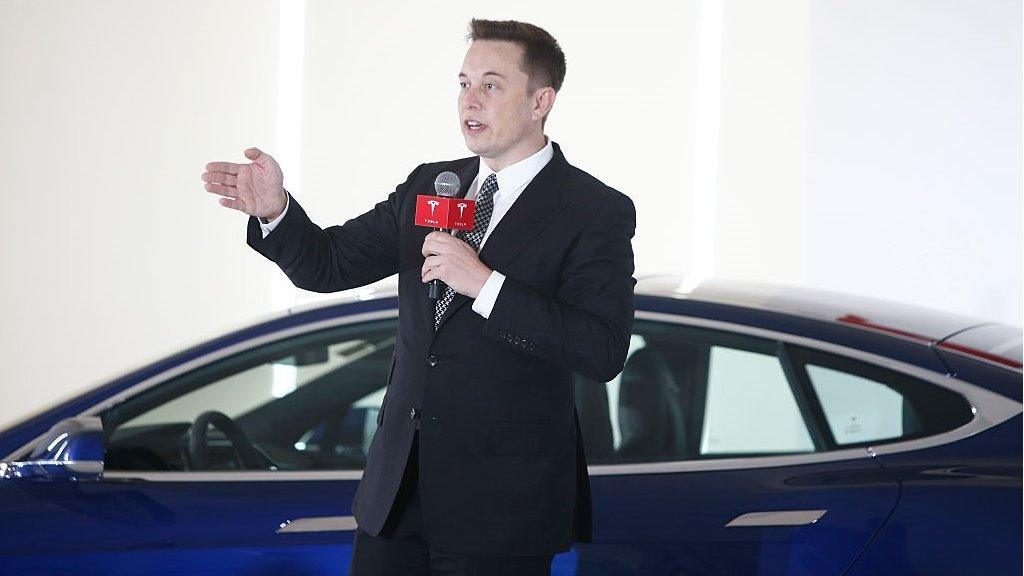
- Published7 July 2016
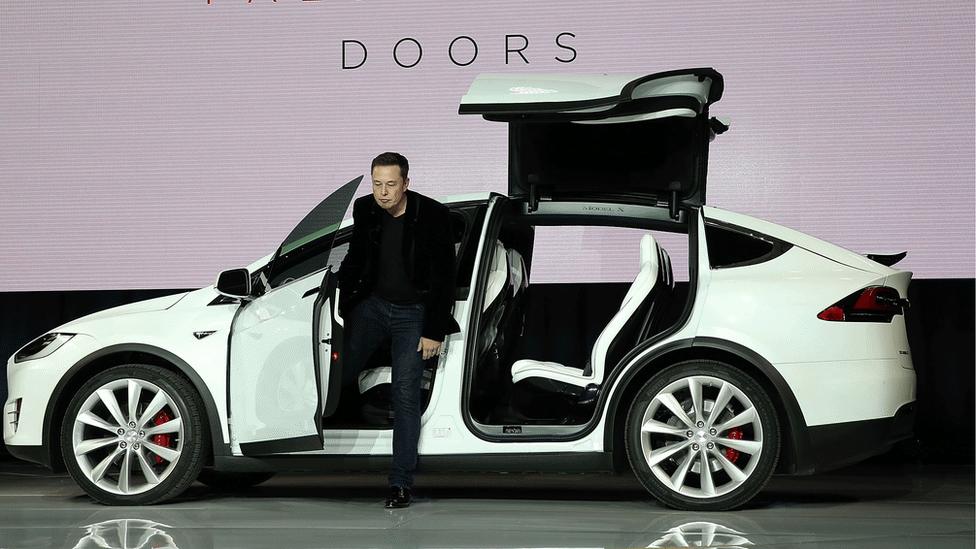
- Published1 July 2016